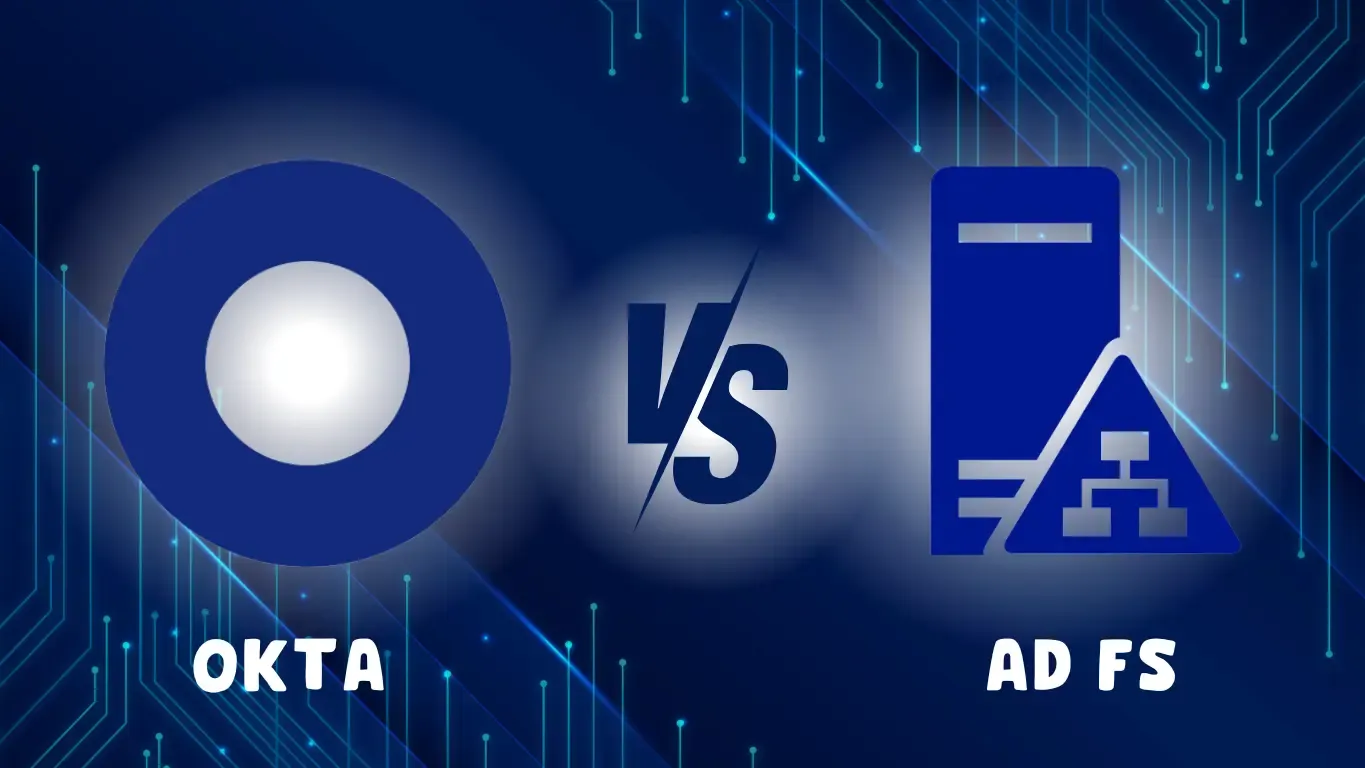Okta Vs. AD FS: Evaluating Both Cloud Identity Solutions
Business today is mobile and fastpaced Employees seamlessly manage their workload through desktops mobile devices and tablets bouncing between app...

Business today is mobile and fast-paced. Employees seamlessly manage their workload through desktops, mobile devices and tablets, bouncing between apps and programs. Cloud identity solutions like Microsoft’s Active Directory Federation Services (AD FS) and Okta have evolved to meet growing cloud security and mobile management concerns.
At Agile IT, we understand that not every identity solution makes sense for your IT environment and workforce. That’s why we’re expanding our cloud identity capabilities to include both AD FS and Okta. When comparing Okta vs. AD FS, here are some things you should know.
What Is Microsoft AD FS?
AD FS is a native Windows Server Role that allows users to access third-party systems and applications inside or outside the corporate firewall with a single login. The main difference between AD FS vs. Okta is that Okta is a cloud solution while AD FS requires a server to interact with your Active Directory environment.
While it’s an industry-standard solution and excels with SAML 2.0 integration, deploying AD FS typically requires additional upfront CapEx costs for on-premises infrastructure requirements or may simply not work if you are not running Active Directory in your current IT environment.
How Does Okta Compare to AD FS?
Okta is a 100% cloud identity management solution and alternative to AD FS. Here are a few differences between Okta and AD FS.
- 100% cloud based. Okta does not require a dedicated server, although a lightweight Windows agent can be deployed to integrate with your Active Directory without the need for dedicated servers or firewall changes, which can minimize your on-premises footprint.
- Fast deployment. Because they don’t require onsite deployment, Okta solutions can be implemented quickly.
- Subscription pricing. Okta connects back to AD with a lightweight agent that requires no dedicated servers or firewall changes. No servers or complex on-premises software means there is little or no CapEx required for deployment. Okta uses a subscription model and costs $2 per user per month.
- Solve complex environments. Multiple AD forests, different username formats or many Office 365 tenants can create a complex environment to manage. For example, companies that often do mergers and acquisitions (and don’t want federated trust to each company) can use Okta to configure individual access.
Okta Vs. AD FS: Choosing the Right Solution
So Okta vs. AD FS: Which one best suits your organization? It depends. Ultimately it comes down to analyzing how your current programs are managed, the total cost of ownership for each solution and how it fits into your business goals.
For instance, if you’re a 100% Microsoft shop and have the infrastructure in place to support AD FS, adding an Okta subscription might not make sense.
Some enterprises also don’t feel secure syncing user names and passwords up ta third-party company. On the other hand, some enterprises prefer not to be locked into a single vendor, either. Personal preferences also play a role in your decision.
For companies interested in IaaS, outsourcing your identity services to Okta could eliminate the hassle of supporting multiple AD FS servers in multiple regions for high availability. Another consideration is that Okta will likely have a lower deployment cost compared to AD FS, but you will incur a monthly per user subscription fee. After absorbing the initial AD FS deployment costs, there is no monthly subscription-based fee for your users. Depending on the size of your organization, running AD FS in the cloud can create similar OpEx costs to Okta’s subscription-based model. When evaluating costs, make sure to factor in the price of user subscriptions over the long term.
Identifying the best solution to connect user identities with cloud resources can seem complicated. But it doesn’t have to be.
At Agile IT, we’ll take a look at your business operations and IT infrastructure to help you decide which solution will suit your cloud identity needs. We’re experts in deploying identity cloud management solutions that align with your business goals and can help you confidently navigate the cloud. Contact us today to learn more.





